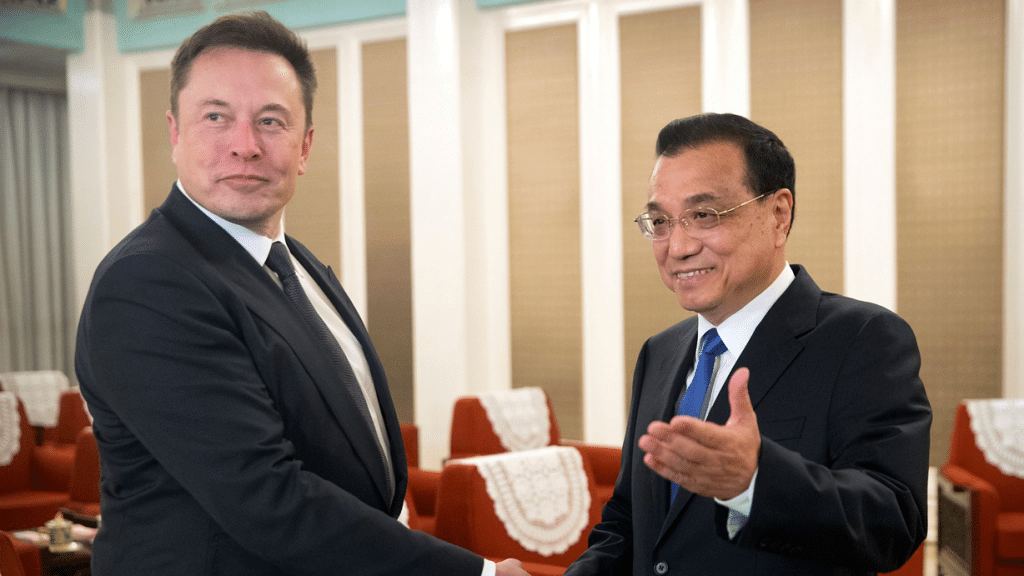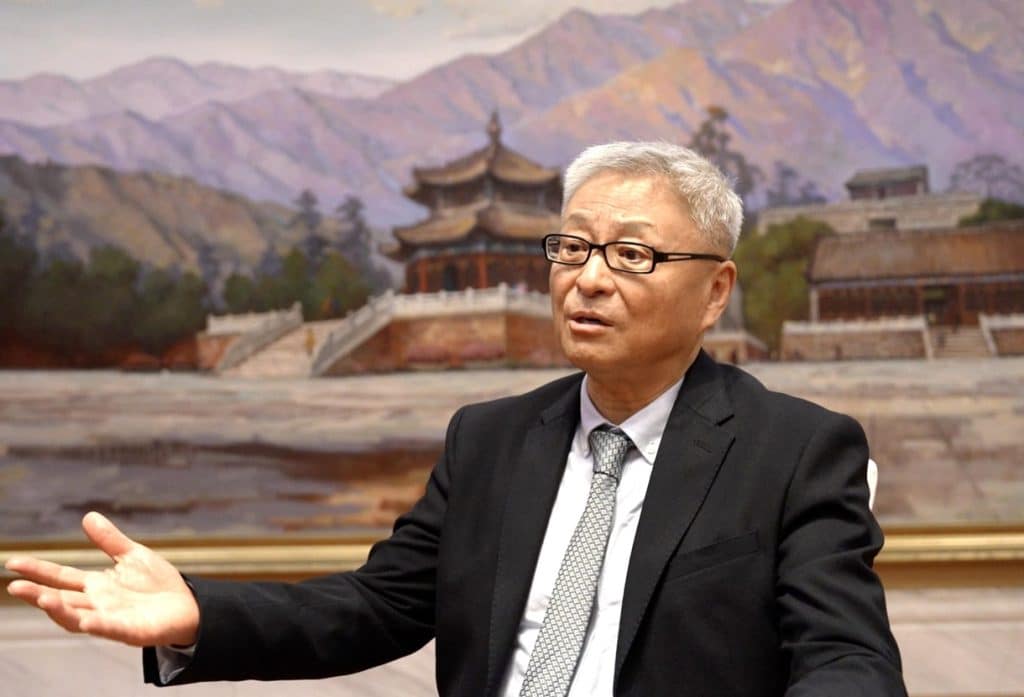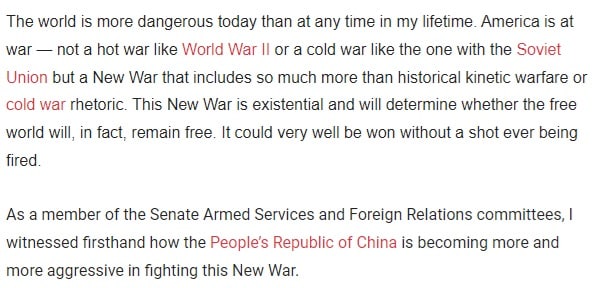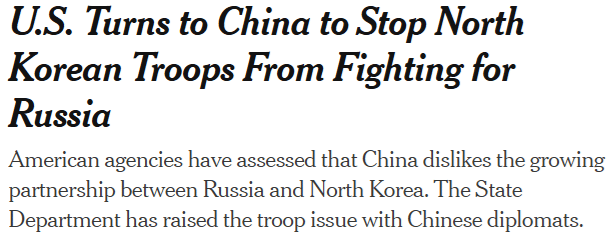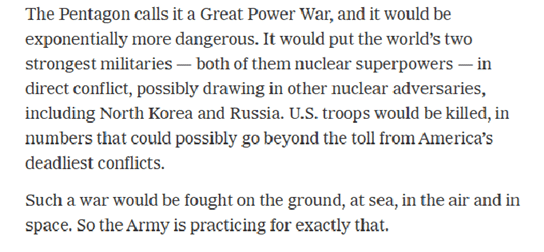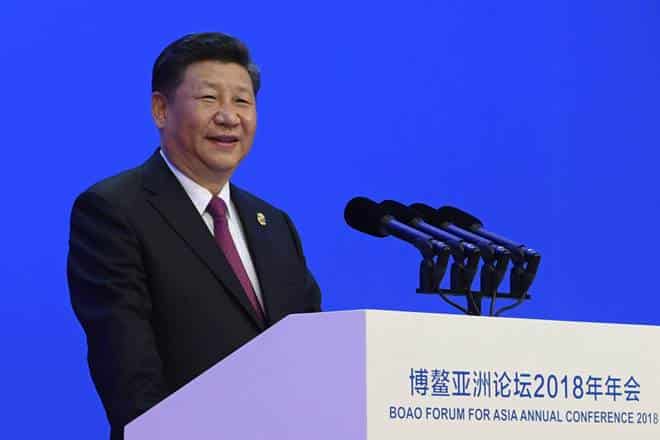China’s Role in the Denuclearization of North Korea
作者:Adrian Lo 来源:US-China Perception Monitor
The China-North Korea alliance dates back to the Korean War in the 1950s. During the Cold War, the ideological clash between communism and capitalism, spearheaded by the Soviet Union and the United States respectively, triggered the proxy war along the Korean Peninsula. To the surprise of US General Douglas MacArthur and the UN forces tasked with supporting the South Korean army at the time, Mao, who was desperate to stake a claim for the newly founded People’s Republic of China and his legitimacy as its leader, ordered troops to ambush advancing American and UN units. Ultimately, China’s unexpected military resolve played an important part in deterring opposition troops and ending hostilities between the two sides.
As the DPRK’s historical communist ally, China finds itself in an increasingly uncomfortable position. The WTO and the UN Security Council both require member countries to have a certain level of government transparency and uphold certain ethical standards. So when faced with North Korean belligerence, China, being a member of both institutions, is somewhat conflicted. Does it uphold the Sino-North Korean Mutual Aid and Cooperation Friendship Treaty and maintain healthy relations with a former ally, or does it distance itself from the demonstrably irreverent Kim Jong-Un and his volatile regime? This balancing act is further complicated by the ramifications on China’s global reputation if it continues to associate with Kim.
Beijing has every reason to be alarmed by the Pyongyang’s latest nuclear test, since any flexing of its nuclear capabilities threatens to kick-start a nuclear arms race with other East Asian countries. Besides that, further unrest in that region might exacerbate the refugee crisis in the northeastern region of China as more North Koreans look to flee the regime. Both scenarios would be detrimental to China in light of its ever-growing ambition to expand its economy and international role. Furthermore, North Korea acting as a strategic buffer zone still serves a purpose, given the US’ pivot to Asia in recent times and its long term partnership with the ROK. Containment of Kim’s regime makes sense for China. But at the same time, it remains in its interests to ensure that the international community proposes rational solutions to rein in Kim’s regime as opposed to resorting to knee-jerk decision-making.
Thus far, the international community has focused on imposing economic sanctions against North Korea. China, as P-5 member of the UNSC, has voiced its approval on a host of regulations. “Trade embargoes, financial restrictions, bans on the export of luxury gods, aid cuts, and travel sanctions” have all been enforced at one point or another. None have proven to be wholly effective, though, because North Korea is a well-insulated dictatorship. Normally, a country’s refusal to comply with international sanctions will engender domestic opposition as people’s livelihood becomes affected. But under an authoritarian regime, ruling power is not attained through socioeconomic empowerment of its people. Rather, it is achieved through physical compulsion and/or censorship. In other words, the ruling body in North Korea does not need a strong external support base in order to thrive.
However, a caveat here is that Beijing has not fully committed to these sanctions, and being North Korea’s biggest trading partner, that has rather large implications. China’s “livelihood” loophole in the latest “UN Resolution 2270, the package of new sanctions in March,” ends up giving Pyongyang some wiggle room in its coal exports, which is a huge driver of its economy. This clause allows for the export of a product to continue “if cutting it off might affect the livelihood of the exporter, so long as the revenue doesn’t go to North Korea’s nuclear program. The problem is, companies self-certify that’s the case.” If sanctions were carried out with more fervor and commitment from every actor that is involved, it is possible Kim might be more responsive to these economic threats. But for now, the absence of full-scale cooperation only lowers the chances for success.
It is also important to understand the reasons why North Korea has remained firm amidst international consensus for its denuclearization. The motivations behind building a nuclear program are a) to bolster national security and b) to use it as a bargaining chip.
Firstly, the notion of nuclear deterrence suggests that countries do not invade nuclear-armed states because it would lead to mutually assured destruction (MAD). This is why many developing countries, past and present, have strived to arm themselves. North Korea is no different. Its desire for a nuclear weapons program dates back to the 1980s, when the future of the communist axis was uncertain. China’s rapprochement with the US in the 1970s was a cause for concern, as was the Soviet Union’s increasing vulnerability. Fast forward to now, Sino-American relations still threatens Pyongyang because it relies heavily on China for trade; growing Sino-American engagement will only be further indication to Pyongyang that a nuclear arsenal is needed.
Secondly, nuclear weapons provide a bargaining chip which can be used for economic and political concessions. This is not a strategy unique to Pyongyang. That said, there are signs that “nuclear weapons development is no longer something Pyongyang is willing to trade away for economic support and promises of nonaggression.” Kim only has to turn to the fate that befell Gaddafi after he agreed to relinquish Libya’s nuclear program in 2003 in exchange for the lifting of economic sanctions, only to then see his regime toppled by the US during the Arab Spring. The loss of nuclear deterrence may prove equally fatal for Kim and he is aware of that.
There are indications that China is now looking for alternative solutions. The strengthening of economic and diplomatic ties with South Korea helps to reduce the need for a buffer zone. At the same time, it serves to disrupt the US-Korea alliance, though its effectiveness to this end remains to be seen. In broader terms, Beijing’s inaction is consistent with its foreign policy; apart from agreeing to more economic sanctions, it will most likely adopt a noninterventionist stance and outwait the Pyongyang regime until they reform their foreign policy under Kim.
By: Adrian Lo
来源时间:2018/4/3 发布时间:2016/9/21
旧文章ID:15721


